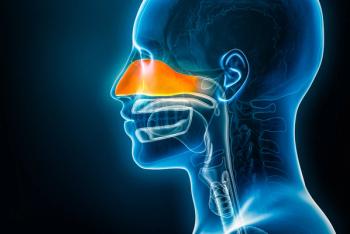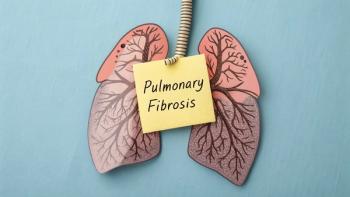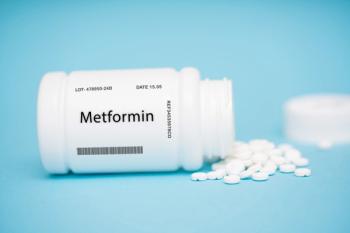
GRI Bio Reports Promising Early Biomarker Data in Ongoing Study of GRI-0621 for IPF
Biotechnology firm GRI Bio, Inc., has seen encouraging interim results from its ongoing Phase 2a clinical trial evaluating GRI-0621 for the treatment of idiopathic pulmonary fibrosis.
The study’s 6-week biomarker analysis, led by Vitale Miceli of Istituto Mediterraneo per i Trapianti e Terapie ad Alta Specializzazione (ISMETT) in Palermo, Italy, theorizes that GRI-0621 can positively influence key processes involved in lung fibrosis, offering a potential new therapeutic avenue for patients.
The
What’s more, the data revealed that those biomarkers associated with collagen degradation, including C1M, C3M, C4Ma3 and C6M, displayed increases, hinting at enhanced tissue remodeling and potential repair mechanisms. The study authors noted that these findings suggest that GRI-0621 could not only halt fibrosis progression but also possibly promote lung tissue repair.
“While early and based on a small sample size, these biomarker signals are promising,” Marc Hertz, Ph.D., CEO of GRI Bio, said in a company release. “They support the hypothesis that GRI-0621 can modulate the fibrotic process, aligning with our goal to develop a therapy that addresses the underlying disease mechanisms rather than just symptoms.”
GRI Bio’s phase 2a trial involves a total of 35 IPF patients randomized in a 2:1 ratio to receive either 4.5 mg of GRI-0621 once daily or a placebo over a dozen weeks. The authors explained the primary focus is on safety and tolerability, while secondary endpoints include changes in serum biomarkers at weeks 6 and 12 of pharmacokinetic and pharmacodynamic effects such as inhibition of invariant natural killer T cell activation.
Additionally, a substudy is set to look at immune cell activity in lung fluid samples, providing additional insights into the drug’s mechanism of action.
The study’s interim findings confirm and build upon previous early safety data, which revealed GRI-0621 to be well tolerated with no serious adverse events reported.
Going forward, GRI Bio expects results from its full biomarker analysis in the third quarter of 2025, with additional data on pulmonary function, immune activity and gene expression expected over the coming months.
Hertz noted if similar results come from the larger cohorts, the findings will mark a significant breakthrough in IPF treatment.
“While it’s still early, these results reinforce our confidence in GRI-0621’s potential to address unmet needs in IPF,” Hertz said. “We remain committed to advancing this promising candidate through clinical development and hope to share further data that could pave the way for a new class of anti-fibrotic therapies.”
Newsletter
Get the latest industry news, event updates, and more from Managed healthcare Executive.

























